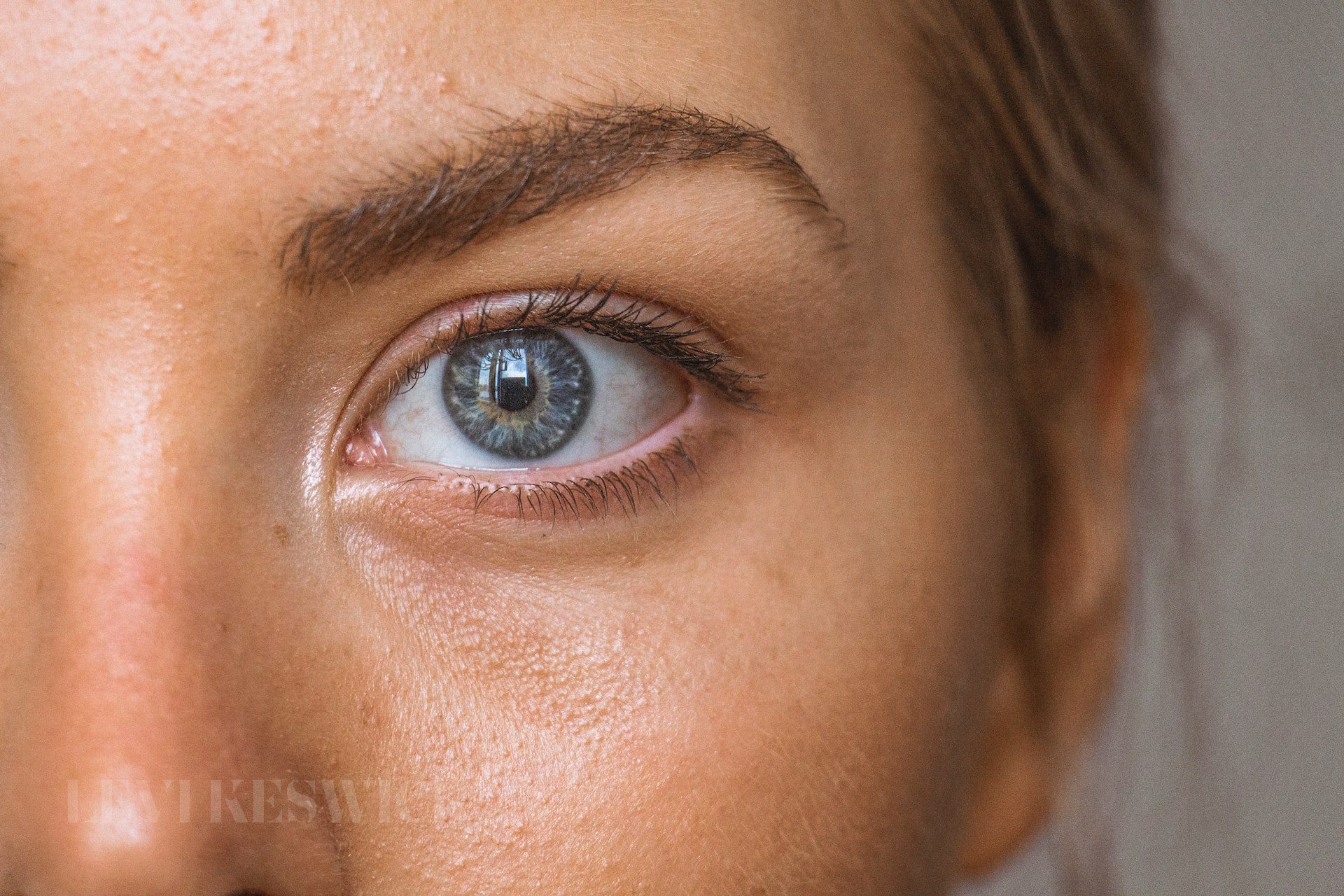Skincare is essential for keeping your skin looking and feeling healthy. Smooth and radiant skin can make you feel confident and attractive. It also makes you look younger and more attractive. However, achieving smooth skin requires more than just using a simple cleanser or moisturizer. It needs commitment and consistency to take care of your skin regularly.

A good skin routine can help maintain your skin’s health and keep it looking smooth and supple. If you are planning on achieving smooth skin, here are six things you need to remember:
Exfoliation
Skin cells shed constantly, and exfoliation helps to get rid of the dead skin cells and reveal healthy new ones. This can help keep your skin looking smooth and radiant. Various products are available for exfoliating, such as facial scrubs, chemical peels, or even natural ingredients like baking soda.
When exfoliating, it’s essential to be gentle and not over-exfoliate. Too much exfoliation can lead to irritation or even damage your skin barrier, so use caution when scrubbing. Also, moisturize after exfoliating to keep your skin hydrated and protected.
Cleansing
A daily cleansing routine removes dirt, oil, and other impurities from your skin. Cleansers come in various formulas, so choosing one that works with your skin type is best. For instance, those with oily skin may opt for a foaming cleanser, while those with dry skin should look for a cream or lotion-based cleanser.
Depending on your activity level, you may need to double cleanse in the evening. This means washing your face twice with a gentle cleanser and warm water—once to remove makeup and oil and once to cleanse the skin deeply.
You can also use a cleansing brush for a deeper cleanse if desired. Using an appropriate brush for your skin type is important, as some brushes can be too harsh on delicate skin.
Moisturizing
Moisturizing is a crucial step for keeping skin looking and feeling healthy. A good moisturizer will help hydrate the skin and protect it from environmental aggressors like pollution and sun damage. Choose a moisturizer that suits your skin type—those with oily skin may prefer a lighter gel-based formulation, while those with dry skin should opt for something creamier.
Moisturizers can also act as a barrier, helping to keep irritants out. Use enough moisturizer and apply it evenly throughout the face and neck. Also, you should always apply moisturizers to damp skin for better absorption.
Waxing
Waxing can help keep the skin smooth and hair-free if you have facial hair. Waxing can be done at home or by a professional. Several types of wax are available, so it’s best to talk to an expert about which type is right for you. Sugar wax is usually the safest option for sensitive skin. The best way to go about sugar scrub waxing is by using a flicker to remove the hair rather than wiping it, which could irritate it. It is important to note that minor redness and swelling are normal after waxing, so allow time for the skin to recover fully.
Before waxing, ensure your skin is clean and free of any oils or moisturizers. A numbing cream or gel before waxing is also essential, as it can be painful otherwise.
Sun Protection
Sun protection is an essential part of keeping skin smooth and radiant. Apply a broad-spectrum sunscreen with SPF 30 or higher before heading outdoors. Reapply every two hours if you spend extended time in the sun, and wear protective clothing like a hat and sunglasses.
It would be best to take extra care when participating in outdoor activities like swimming, as the sun’s rays can be even more intense around water. Make sure to reapply sunscreen frequently if you are spending time in or near water.
If you have to be outdoors for extended periods, use a sunblock specifically designed for the face. This type of sunscreen offers additional protection and is formulated to be gentle on delicate facial skin.
Diet

Healthy fats like avocados, nuts, and olive oil are essential for keeping skin hydrated and protected from damage. Additionally, foods high in vitamin C are great for promoting collagen production and giving skin an extra boost of radiance while slowing down the aging process.
Fruits and vegetables are also important for skin health, as they contain antioxidants that can help fight free radicals. Try to include a variety of colorful produce in your diet, such as spinach, kale, and berries.
Finally, don’t forget to stay hydrated by drinking plenty of water throughout the day. This helps keep skin cells plump and hydrated, which can help reduce the appearance of wrinkles and other signs of aging.
Having a good skincare routine can help keep skin looking and feeling its best. Include these steps in your routine: cleansing, moisturizing, waxing, sun protection, and a healthy diet. With a bit of effort, you can achieve glowing skin in no time!










